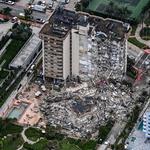Cape Coral
239-208-3000
Carbon Dioxide Safety and Boats
With the Labor Day holiday approaching, many are looking forward to taking their boats out for one last summer day on the water. While the dangers of drowning are often discussed, there is another very real danger lurking on the waters – carbon monoxide poisoning. The U.S. Coast Guard reported 41 cases of boat-related carbon monoxide poisoning, and 5 deaths in 2020. Please heed the following safety tips, and remember that our attorneys are available for you 24 hours a day, 7 days a week, should you ever need our assistance.
What is Carbon Monoxide?
Carbon monoxide (CO) is an odorless and colorless gas which is lethal in high amounts. CO is found in fumes any time that you burn fuel in cars or trucks, small engines, gas ranges, etc. (source). The most common symptoms of CO poisoning include headaches, weakness, dizziness, vomiting, stomach upset, chest pain, and confusion. Many victims of CO poisoning describe the symptoms as being “flu-like”. High levels of CO inhalation can be lethal, and CO poisoning can potentially cause you to pass out and fall into the water.
Carbon Monoxide and Boats:
CO is produced by the gasoline-powered engines and onboard generators on boats. Houseboats and other larger boats sometimes have generators that vent towards the rear of the vessel. This venting creates the dangerous possibility of CO poisoning for people on the rear swim deck or water platform. On these larger boats, CO builds up above the water near the water platform. This CO that builds in the air space beneath the stern deck, or on or near the swim deck, can kill a person in seconds.
Travelling at slow speeds or idling the engine can cause CO to build up in a boat's cabin, cockpit, bridge, and aft deck, or in an open area. Wind from the aft section of the boat can increase this buildup of CO.
Back drafting can cause CO to build inside the cabin, cockpit, and bridge when a boat is operated at a high bow angle, is improperly or heavily loaded, or has an opening with draws in exhaust (source).
How To Prevent Carbon Monoxide Poisoning on Boats:
The most important step you can take to prevent CO poisoning is to install and maintain a working CO detector listed by Underwriter's Laboratories (UL) as appropriate for marine use inside the boat. The following tips from the CDC will also be helpful for preventing the potential of CO poisoning.
- Properly install and maintain all fuel-burning engines and appliances.
- Educate all passengers regarding the signs and symptoms of CO poisoning.
- Swim and play away from areas where engines vent their exhaust.
- Watch children closely when they play on real swim decks or water platforms.
- Never block exhaust outlets. Blocking outlets can cause CO to build up in the cabin and cockpit areas – even when hatches, windows, portholes, and doors are closed.
- Dock, beach, or anchor at least 20 feet away from the nearest boat that is running a generator or engine. Exhaust from a nearby vessel can send CO into the cabin or cockpit of a boat.
- If you believe a person on your boat has CO poisoning, immediately move them to an area with fresh air and contact Emergency Services.

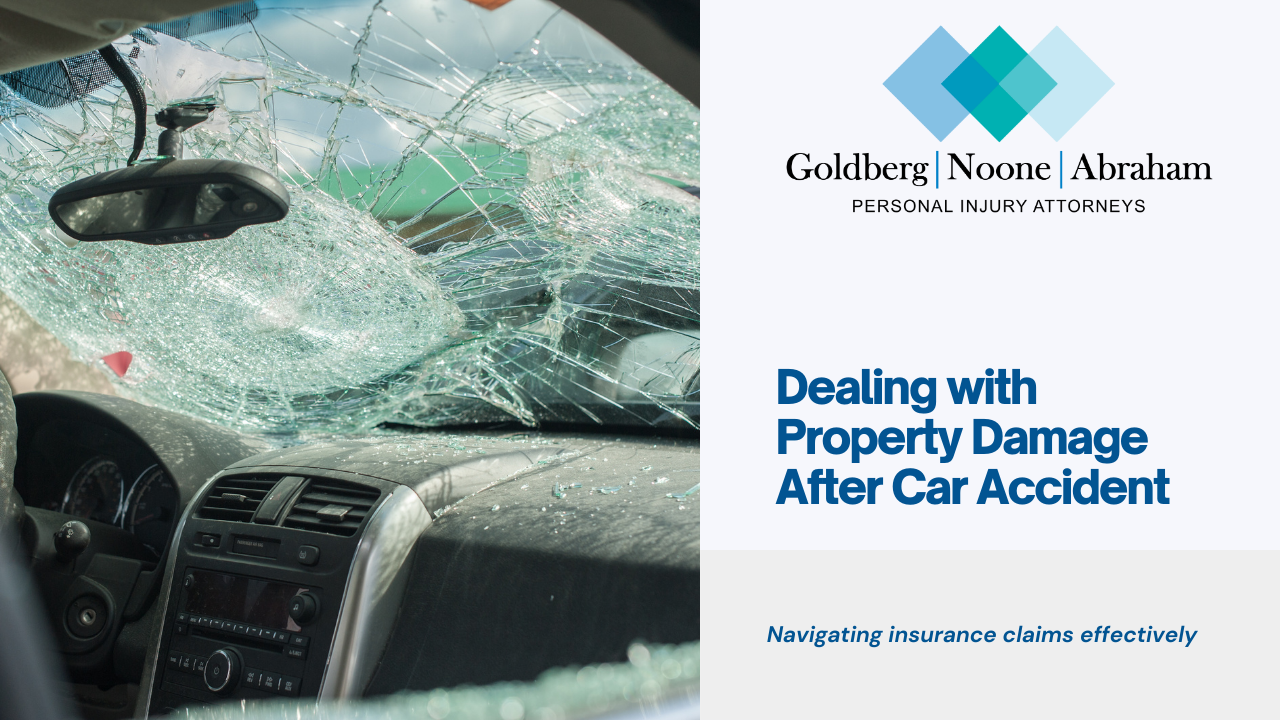


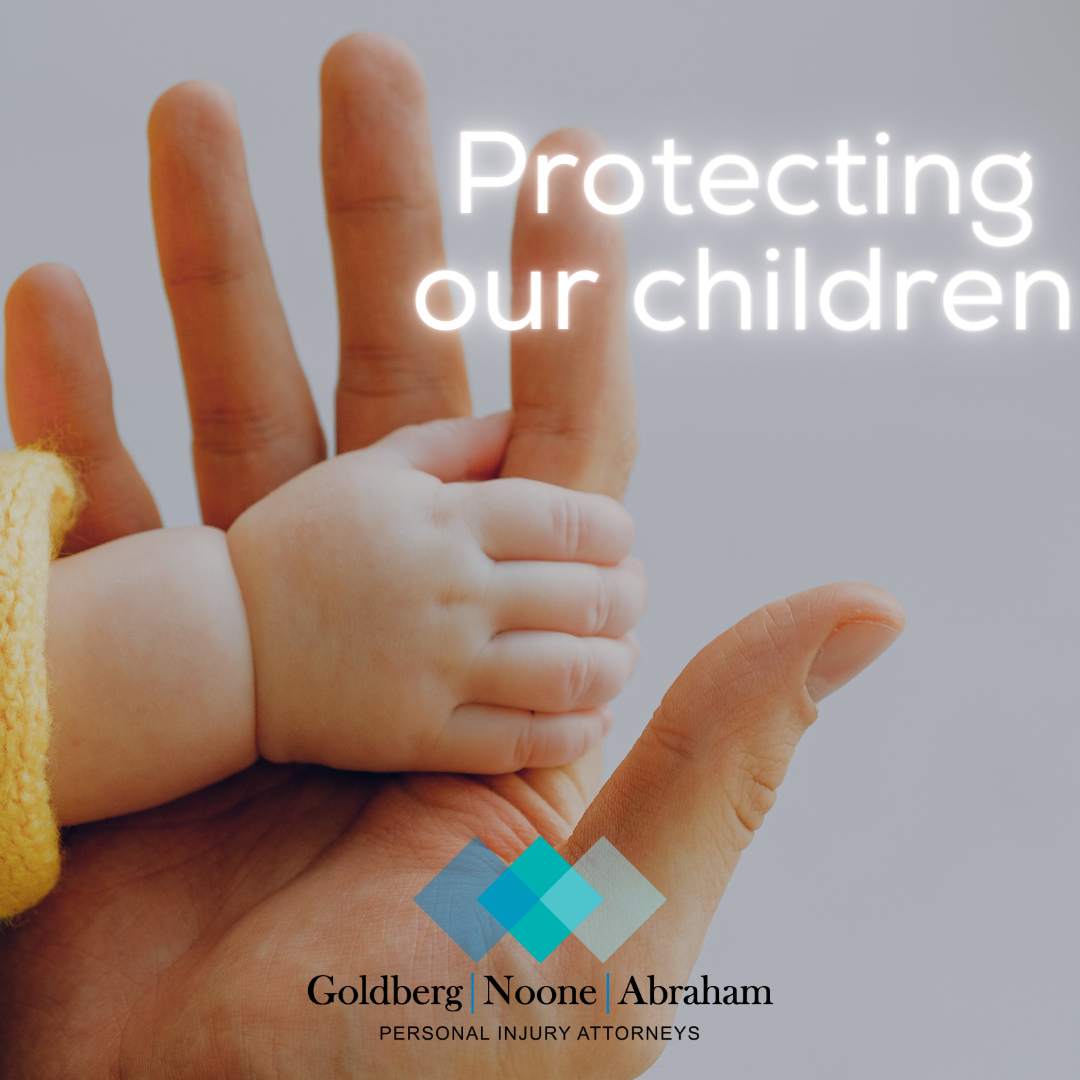
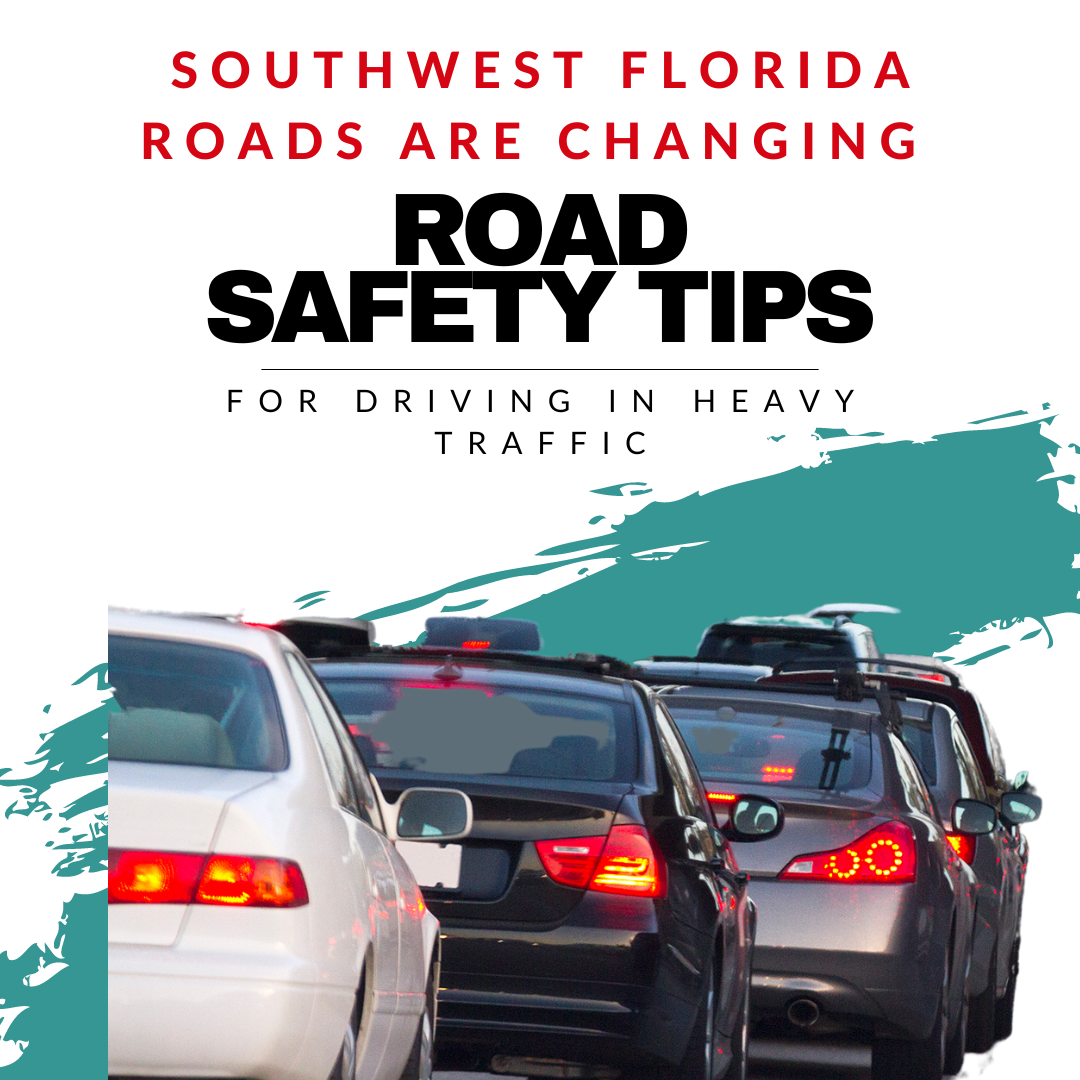
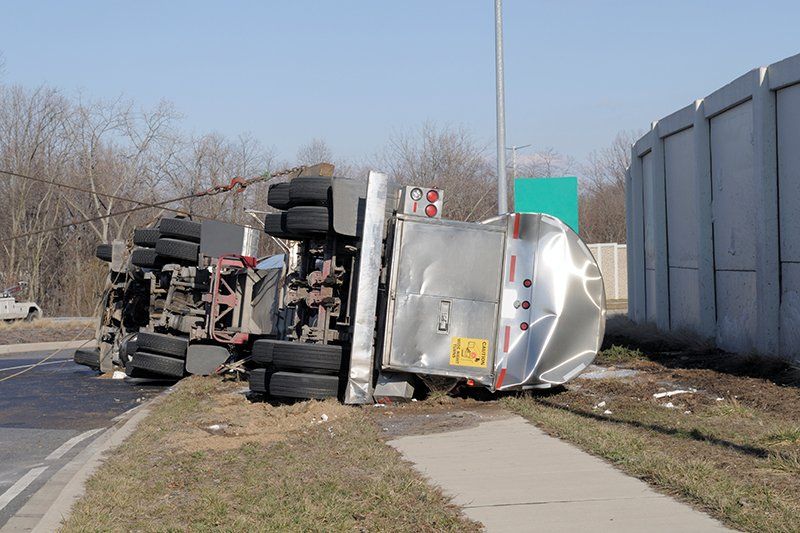
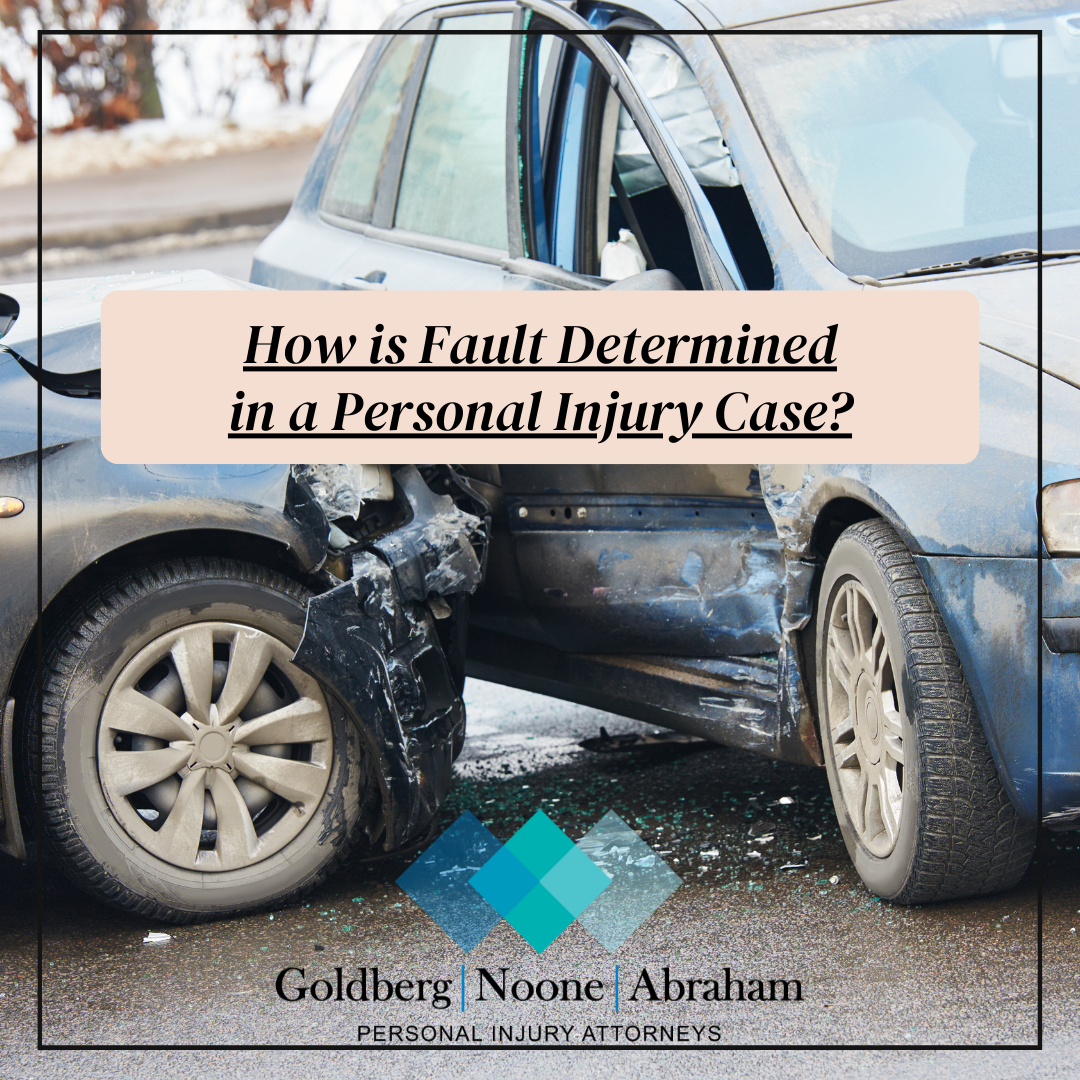
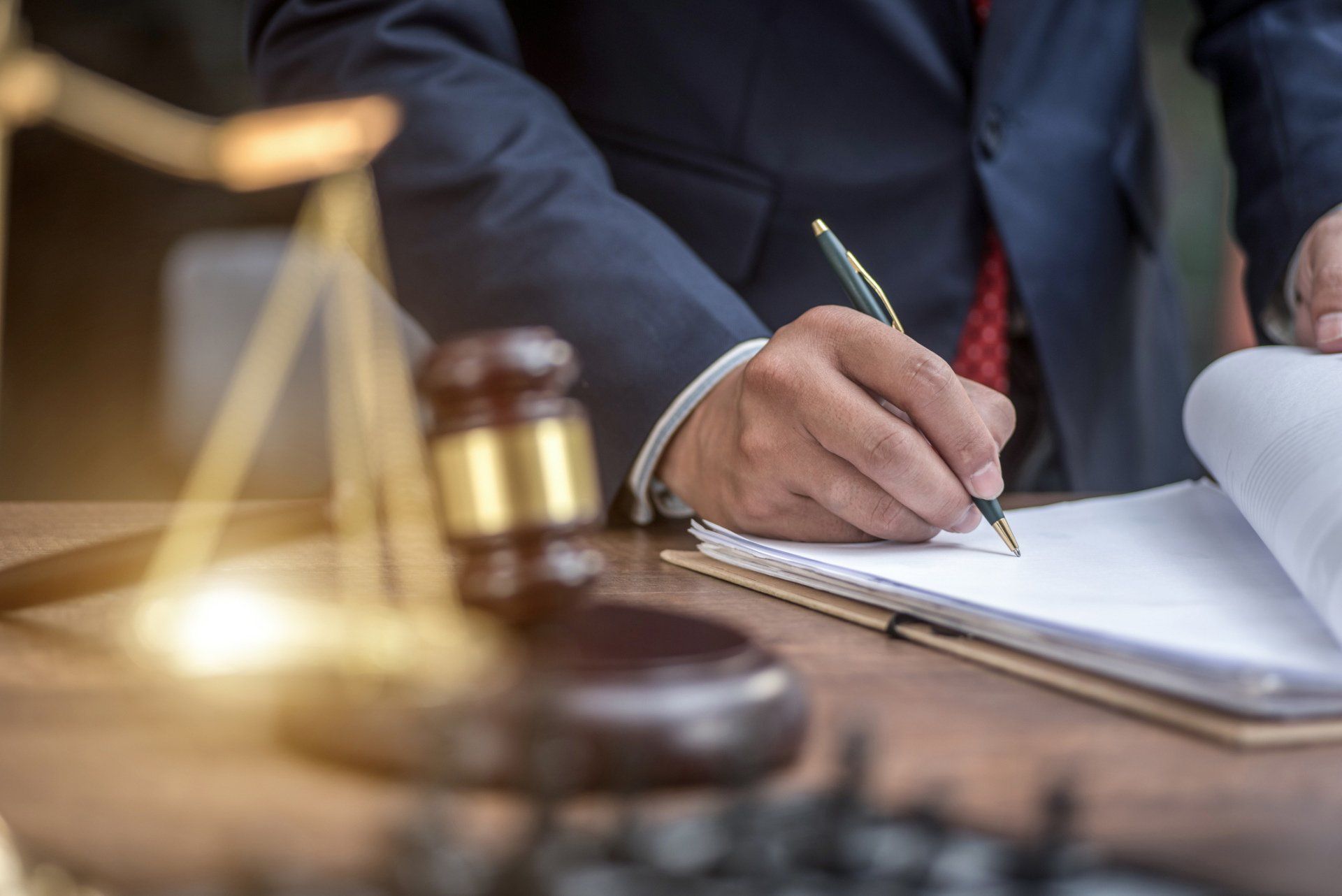
We’re only a phone call away! Call our Fort Myers or Cape Cod law office now and let us know how we can help.
We will get back to you as soon as possible.
Please try again later.
We will get back to you as soon as possible.
Please try again later.
Contact Information
Fort Myers
Address: 1533 Hendry Street
Suite 200 (Second Floor)
Fort Myers, FL 33901
Fax: 239-461-3915
Cape Coral
239-208-3000
Address: 1625 S.E. 47th Terrace
Suite 1
Cape Coral, FL 33904
Fax: 239-461-3915
Office Hours
- Mon - Fri
- -
- Sat - Sun
- Closed
Available 24 hours, 7 days a week

